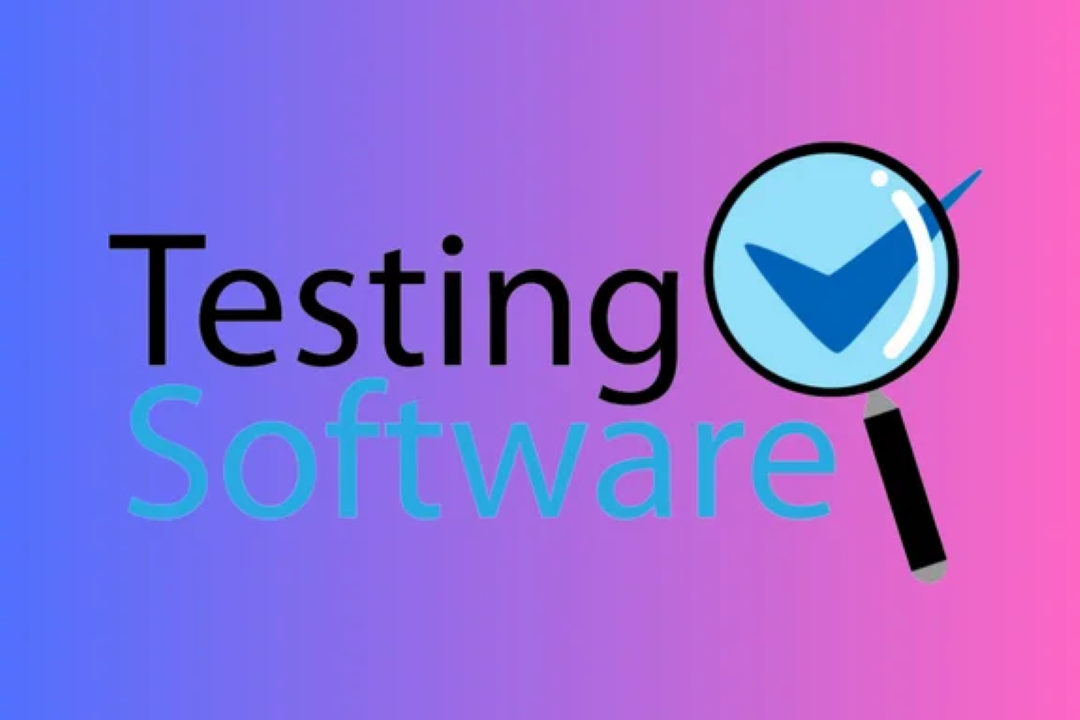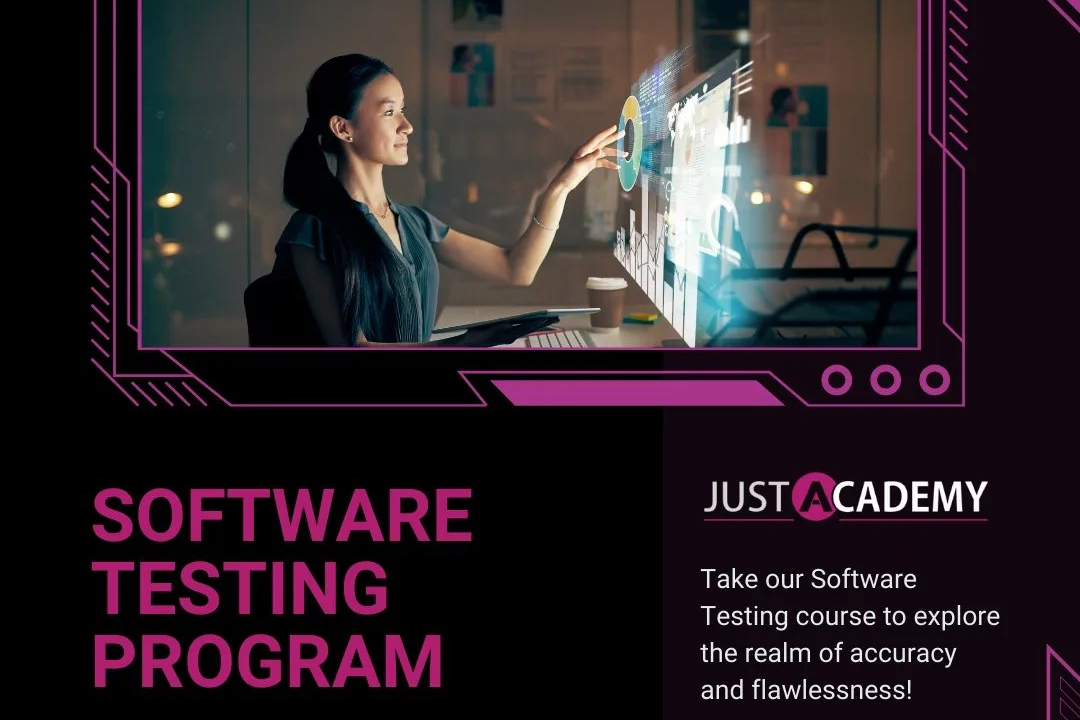Java command-line applications
Mastering Java Command-Line Applications
Java command-line applications
Java command-line applications are programs written in the Java programming language that are executed from the command line interface (CLI), typically using terminal or command prompt. These applications are often compiled into bytecode that runs on the Java Virtual Machine (JVM), making them platform-independent. They can accept input parameters directly from the command line, allowing users to execute specific functions or control application behavior dynamically. Java provides a robust standard library for argument parsing, file handling, and user input, enabling developers to create interactive and functional command-line tools. The simplicity of deployment and the widespread availability of the Java Runtime Environment make command-line Java applications a popular choice for automation scripts, utilities, and batch processing tasks.
To Download Our Brochure: https://www.justacademy.co/download-brochure-for-free
Message us for more information: +91 9987184296
1 - Definition: Java Command Line Applications are programs executed from a command prompt or terminal, providing a text based interface for user interaction.
2) Platform Independence: Java applications can run on any platform that has a Java Virtual Machine (JVM), making them highly portable across different operating systems.
3) Basic Structure: A typical Java command line application is structured with a `main` method, which serves as the entry point for execution.
4) Compilation and Execution: Students will learn to compile Java source code files (.java) into bytecode files (.class) using the `javac` command and then execute them with the `java` command.
5) Standard Input and Output: Java offers classes like `System.in` for reading input and `System.out` for writing output, allowing for user interaction through the console.
6) Command Line Arguments: The `main(String[] args)` method can take command line arguments, enabling users to pass inputs directly while running the application.
7) Error Handling: Students will understand exception handling in Java to manage errors gracefully during program execution, using `try`, `catch`, and `finally` blocks.
8) Data Types and Variables: A focus on Java’s primitive data types (int, char, boolean, etc.) and object types will help students manage data effectively within command line applications.
9) Control Structures: Understanding control flow statements such as `if`, `for`, `while`, and `switch` is crucial for making decisions and iterations in the program.
10) Methods and Modularity: Students will learn to create methods for code reuse and modularity, making the application easier to manage and scale.
11) User defined Classes: Introduction to object oriented programming concepts, such as creating and using classes and objects to organize code.
12) Libraries and APIs: Explore the use of standard libraries (like `java.util` for data structures) and how to incorporate external libraries for added functionality.
13) File I/O: Understanding how to read from and write to files using Java, allowing applications to persist data and handle input/output efficiently.
14) Debugging Techniques: Learn debugging methods and tools, including using `System.out.println` for tracing values and utilizing IDE debuggers.
15) Best Practices: Discussing coding standards, documentation, version control (using Git), and testing methodologies to ensure high quality code.
16) Example Projects: Engaging students in creating small projects like a calculator, to do list, or a game to consolidate their learning and apply theoretical knowledge in practical scenarios.
17) Deployment Options: Understanding how to package Java applications into executable JAR files and distribute them for use outside the development environment.
18) Version Management: Introduction to Java versions and how to manage dependencies effectively with build tools like Maven or Gradle.
By focusing on these points, students can gain a comprehensive understanding of Java command line applications and develop the skills necessary for building and deploying their own applications.
Browse our course links : https://www.justacademy.co/all-courses
To Join our FREE DEMO Session: Click Here
Contact Us for more info:
- Message us on Whatsapp: +91 9987184296
- Email id: info@justacademy.co












